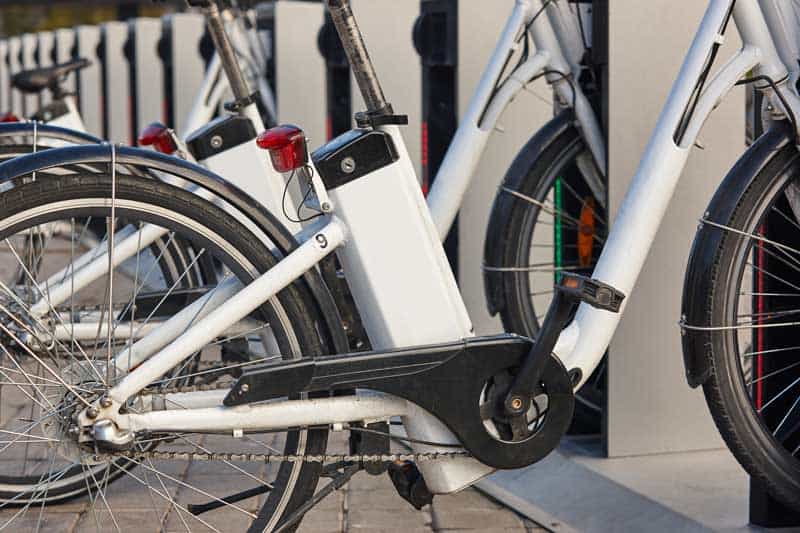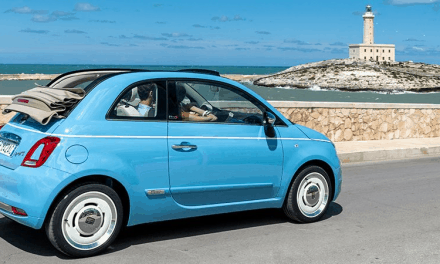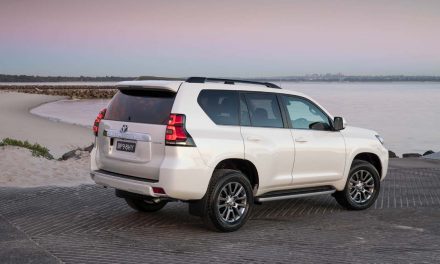As urban landscapes evolve, so too does the way we traverse them. In recent years, Australia has witnessed a transportation metamorphosis – electric bicycles or e-bikes are reshaping the urban commute. Offering an effortless ride, affordability, and an eco-friendly alternative, e-bikes are fast gaining traction amongst Australians.
Sustainability
Electric bikes are revolutionizing the quest for cleaner air and quieter streets. Unlike cars, they produce zero emissions and significantly lower pollution levels. For a nation that is increasingly concerned about its carbon footprint, the transition to e-bikes is a step towards achieving sustainability goals. Moreover, e-bikes utilize much less energy compared to cars, making them an environmentally conscious choice.


Economic Factors
With fluctuating fuel prices and the growing cost of owning a car, many Australians are seeking more economical alternatives. E-bikes offer just that. The running costs of an e-bike are mere cents compared to the dollars spent on fuel. Additionally, e-bikes usually demand less maintenance and incur no parking fees, making them an economically attractive option for the daily commuter.
Health and Lifestyle
Beyond economic and environmental benefits, e-bikes are conducive to a healthier lifestyle. Cycling is known to enhance cardiovascular fitness, but traditional bikes can be daunting for many. E-bikes level the playing field, enabling riders to pedal with ease and engage in physical activity without excessive strain. This increased accessibility encourages more people to incorporate cycling into their daily routine.
Government Initiatives
Australian governments, both federal and state, have recognized the potential of e-bikes. Initiatives such as the construction of bike lanes, installation of public e-bike charging stations, and subsidies for e-bike purchases are becoming more common. These efforts demonstrate a commitment to fostering a more bike-friendly environment and supporting sustainable transportation.
Case Studies
Cities like Sydney and Melbourne are exemplary in the adoption of e-bikes. The expanded network of bike lanes and the integration of e-bikes into public transportation schemes in these cities have eased the transition for many residents. Notably, Brisbane’s CityCycle program incorporates e-bikes, making them readily accessible for the public and tourists alike.
Challenges and Opportunities
Despite their rising popularity, e-bikes face challenges including regulations, safety concerns, and initial high costs. There’s a need for uniform regulations regarding e-bike usage, and continued investments in infrastructure. However, the industry is ripe with opportunities. As technology advances, we can anticipate even more efficient and affordable e-bikes, opening doors to broader markets and uses.
Looking Ahead
The e-bike movement in Australia is not a fleeting trend; it’s an evolving transportation paradigm that’s here to stay. As cities grow denser, and the pursuit of sustainability intensifies, e-bikes stand as a viable, economically sensible, and green alternative for urban commuting.
E-bikes represent a convergence of technology, environmental stewardship, and lifestyle. They hold the promise of a future where our transit choices contribute positively to our health, pockets, and the planet. For Australia, this pedal power surge is only just beginning, but its trajectory is one of transformative change for urban mobility.







